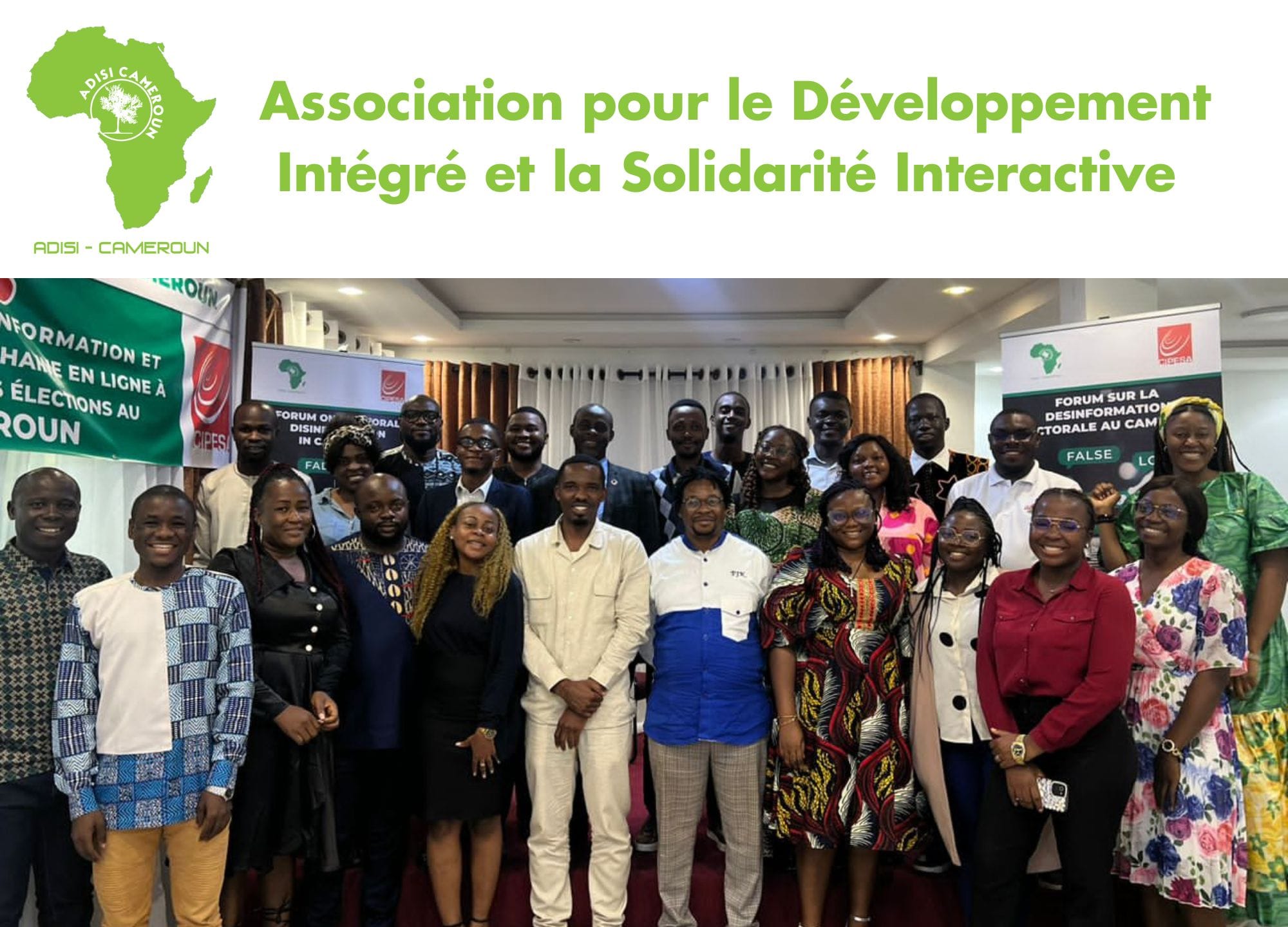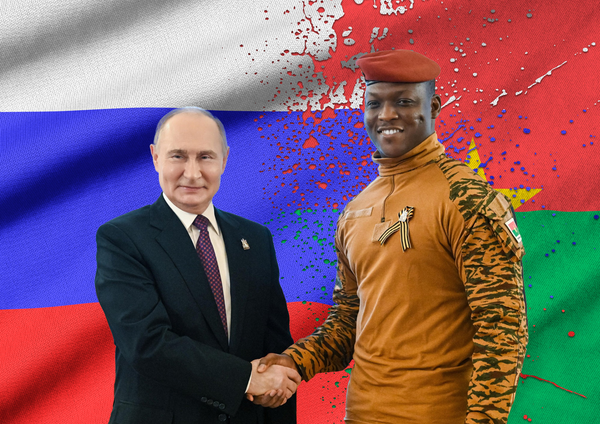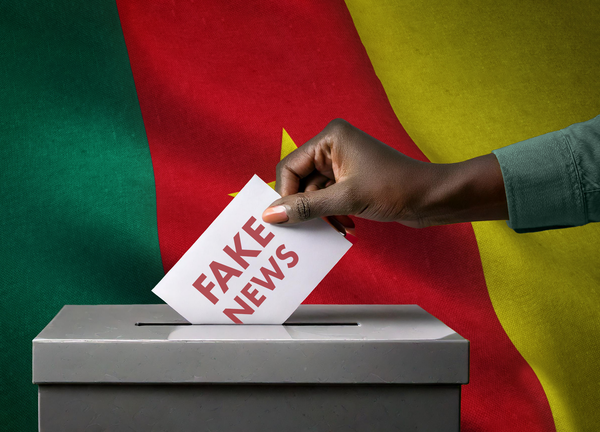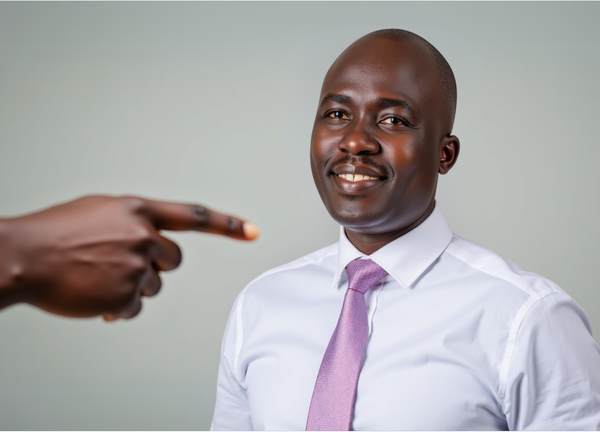Faced with the growing threat of disinformation that undermines electoral processes in Africa, an important forum was held on August 5 and 6, 2024 in Yaoundé, Cameroon. Organized jointly by Cipesa and Adisi-Cameroon , this event gathered key players to strengthen their capacities and develop concrete strategies in order to prevent disinformation and online hatred speeches as the presidential elections of 2025 in Cameroon approach.
The urgency to act collectively
Disinformation represents one of the major challenges for democracy in Africa. In Cameroon as elsewhere, it contributes to the manipulation of public perceptions, influences electoral processes and erodes confidence in institutions. As Simone Toussi pointed out, the country's coordinator Cipesa, disinformation in an electoral context represents a real danger to democracy. It is urgent to act collectively to deal with it.
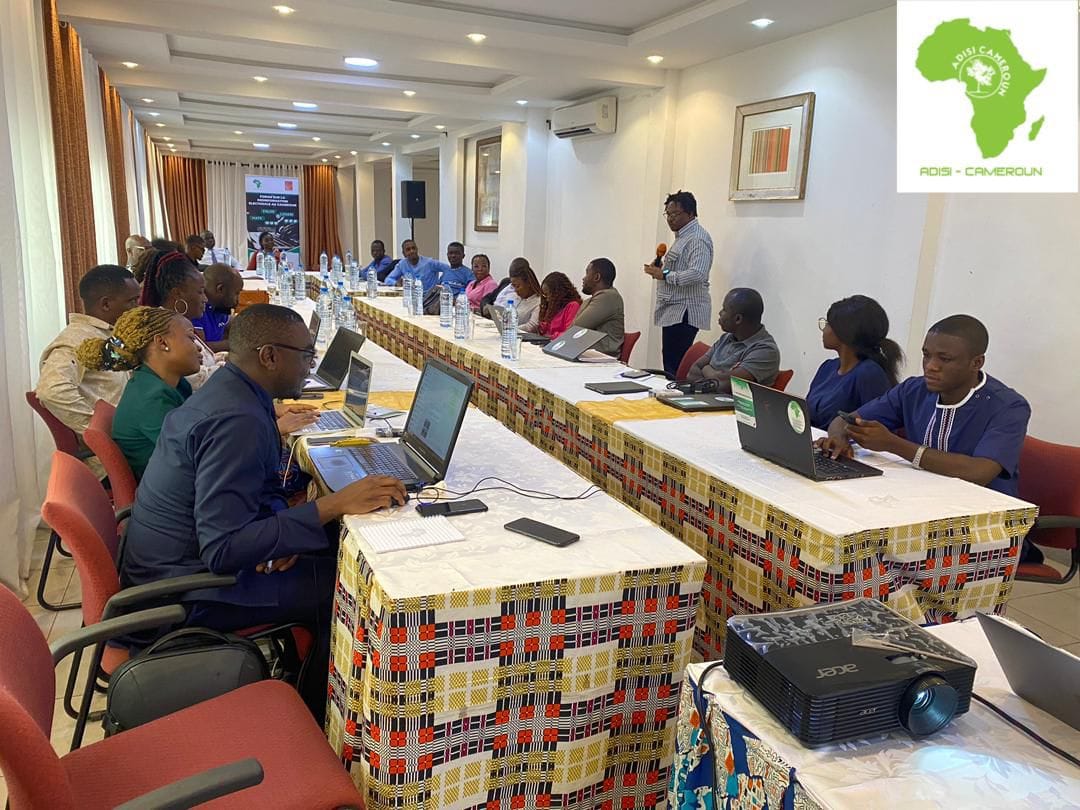
Understand the situation in Cameroon
During the forum, the participants were able to benefit from two in -depth presentations on the situation of disinformation in Cameroon. Paul-Joël Kamtchang, the executive secretary of Adisi-Cameroon, has drawn up a detailed table of the different forms that the disinformation in the country takes, from the manipulations of information to the speeches of hatred. Dr. Romeo Saa Ngouana, senior researcher at Think Tank Ceides, analyzed the impact of social networks on the propagation of disinformation during the last presidential election of 2018.
Master class to strengthen the capacities to combat disinformation are offered
The forum proposed a series of master class led by experts allowing participants to deepen their knowledge and develop new essential skills to combat disinformation.
The first Master Class, hosted by Marthe Ndiang , editor-in-chief of Datacheck , addressed the principles and standards of Fact-Checking. Participants were able to familiarize themselves with the different categories and demonstrations of disinformation, as well as the stages of detection and verification of information. They also benefited from a practical demonstration of the technological tools used by Datacheck.
The second Master Class, hosted by Blaise Pascal Andzongo , president of Eduk-Media , focused on media and information education (EMI). Participants learned to better understand how young people inform themselves and disinforme themselves in the age of social media. They also studied in detail the different types of information disorders, their characteristics and their consequences. This session also addressed the importance of the EMI, the fundamental skills to develop, as well as strategies to help young people forge a critical mind in the face of disinformation.
Concrete actions of action
With these lighting, the participants then worked in groups to formulate recommendations aimed at preventing disinformation and hate speeches in the perspective of the 2025 elections. Among the proposals, we can cite the importance for the government to safeguard freedoms, to promote equitable access to information and to develop media education. Political parties, on the other hand, should develop a charter to combat disinformation and hate speeches in electoral period and undertake to respect it. The main recommendations are recorded in the Yaoundé Declaration which will be published in the coming days.
Faced with the threat of disinformation, the holding of this forum in Yaoundé made it possible to bring together key actors around a common objective: to prevent informational drifts that undermine electoral processes in Cameroon. By uniting their forces and implementing concerted strategies, participants hope to contribute to more transparent and democratic elections.
By Garaobe Salomon , contributor made in Cameroon

